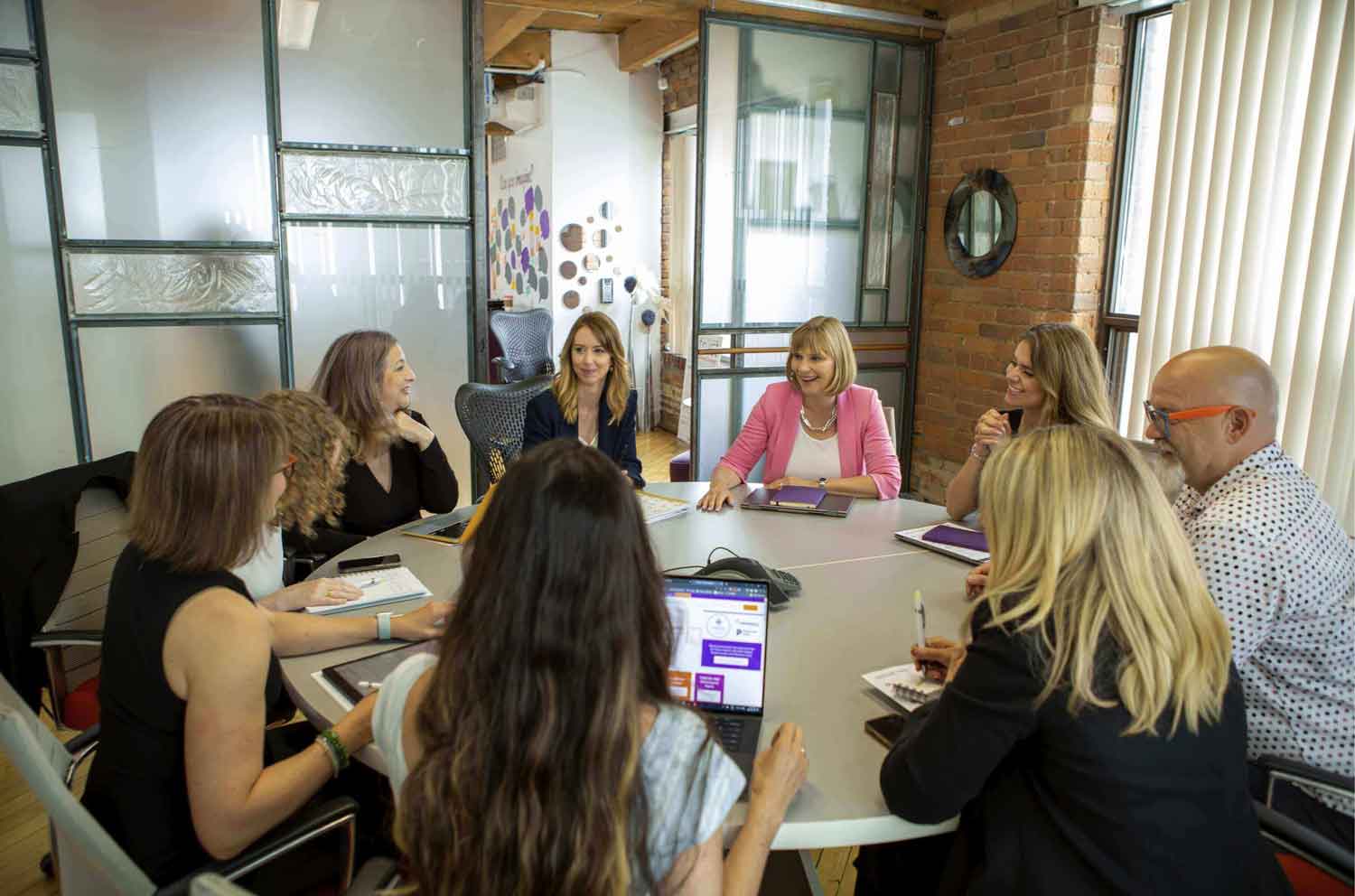In the December edition of our monthly leadership newsletter the Roundtable Recap, I came across an article in the New York Times. It cautions against the use of “team building” sessions to try to boost team morale in times of uncertainty. Instead, the message is to save your money and actually talk to your employees to understand what they need and what would motivate them. The message being, it’s probably not an offsite retreat filled with trust-falls and MBTI assessments.
Which made me think in general about the use of things like “true colours”, DISC, MBTI, etc. as part of team building exercises. Now personally, I am the self-assessment queen. I love all the naval gazing that goes along with learning more about what makes me tick. It was also really helpful for me as a manager to understand why green’s and “S””s and “high C’s” all drive me crazy (and vice versa)…so that I knew how to adapt my own style to work with them.
BUT…here’s the problem. Not everyone is a self assessment junkie. Not everyone sees these tests as opportunities to learn more about themselves. Many people (although no one reading this post, I’m sure) see tests as a further reinforcement that their approach is the RIGHT approach and everyone else is out to lunch.
Our society is built around relationships… what school did you go to? where do you live? what do you do? We’re always looking for common links and, when we find them, we feel connected. Every organization creates a certain culture and the culture is formed and shaped by the leadership teams. And because most managers have a subconscious tendancy to hire people similar to themselves, the majority of the employees in the company will fit the culture (are you following my logic here…). Sooo… when you do a team building exercise, it is highly likely that you are going to get results that split your team into the people that are “natural fit” in the culture over those that are colouring outside the lines.
And then – unless YOU manage it carefully – your fun team building session will derail into a pigeon-holing exercise where the people who aren’t like the majority feel further isolated. And potentially worse, the people who are in the majority feel justified that their approach is superior. And, don’t forget that everyone will always look to see how their own profile is stacking up against you, the boss. So beware and be ready.
It will be up to you to aggressively build up the importance of a well rounded team (there are hundreds of studies that show that diversity of thinking on the team is crucial to success) AND that you spend the majority of your time in the team building session looking at how you can best leverage everyone’s strengths. If you’re really brave (and the team already has a high degree of trust), you might even explore how certain individuals may rub each other the wrong way and use the opportunity to help them build action plans to work better together.
ABSOLUTELY, self assessments as part of team building exercises can be exceptionally powerful and help you build a strong and cohesive team. My advice…just know what you may be getting into before you start and be very, very clear on your objectives. Remember… self awareness is one of the key attributes for successful leaders, so all these tools will definitely help you broaden your self insight… however, every individuals openness to feedback and to becoming more self aware varies greatly.
And remember, after the highly experience consultant/facilitator leaves for the day, you’re going to be the one left to pick up the pieces of a team building session gone wrong.
Happy leading!



